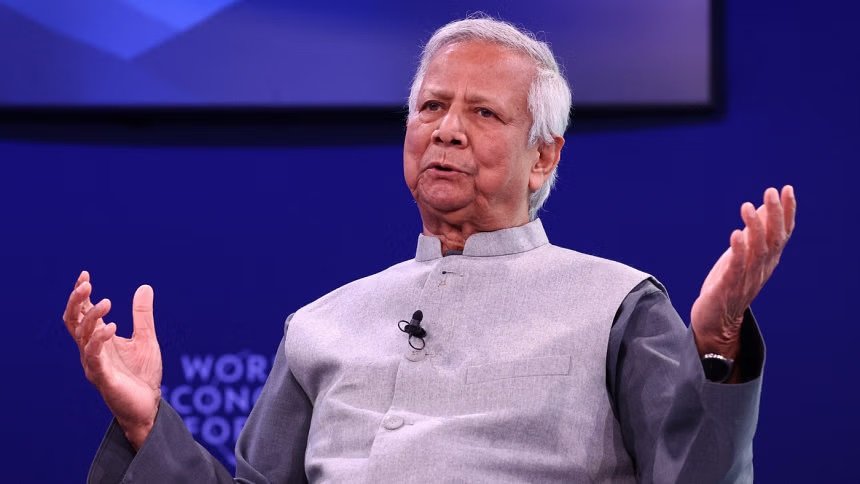In an interview with BBC that was published today, the chief adviser said, "If reforms can be done as quickly as we wish, then December would be the time that we would hold elections. If you have a longer version of reforms, then we may need a few more months."
During the interview, Yunus admitted feeling "dazzled" when asked to assume leadership following the ousting of former prime minister Sheikh Hasina last year, adding that he had no prior experience in running a government.
"I had no idea I'd be leading the government," Yunus said.
"I had never operated a government mechanism before and had to understand how it worked. Once that settled, we focused on restoring law and order and stabilising the economy," he said during the interview at his official residence, State Guest House Jamuna in Dhaka.
Hasina fled to India and remains in exile, facing charges of crimes against humanity in Bangladesh. It is unclear whether she and her Awami League party will participate in the elections that Yunus aims to hold later this year.
"They [the Awami League] have to decide if they want to take part. I cannot decide for them," Yunus said. "The Election Commission determines who participates."
He stressed that law and order, alongside economic recovery, remain his government's top priorities.
"It is a shattered economy, a devastated economy," he said.
It feels as if a tornado has hit for the last 16 years, and we are picking up the pieces."
Asked about the law and order, Yunus claimed the situation has improved since last year's violent protests. However, many in Dhaka argue that security has not been fully restored.
"Better is a relative term," he said.
"Compared to last year, it looks stable. But what is happening now is not vastly different from other times."
Yunus attributed many of Bangladesh's current problems to the previous government.
"We inherited a nation with longstanding challenges," he said. "This is not an ideal country suddenly created—it has a history."
Meanwhile, unrest persists among Hasina's supporters. Thousands have protested in recent months, demanding her prosecution over the student crackdown. A Bangladeshi court has issued an arrest warrant for her, but India has not yet responded, BBC mentioned in the report.
Concerns over political violence continue. In February, several homes of Awami League members, including that of Bangladesh's founding leader, Sheikh Mujibur Rahman—Hasina's late father—were vandalised and set on fire after she announced a YouTube address.
The Awami League has accused the interim government of allowing violence against its supporters.
Asked about claims that Bangladesh is unsafe for Awami League members, Yunus dismissed the allegations.
"There's a court, there's a law, there's a police station, they can go and complain, register their complaint," he said.
"You just don't go to a BBC correspondent to complain, you go to the police station to complain and see whether the law is taking its course," he added.
About the Trump administration's decision to cut foreign aid and effectively end almost all programmes funded by the US Agency for International Development, he said, "It is their decision."
"It has been helpful. Because they are doing things that we wanted to get done, like fighting corruption and things like that, which we couldn't afford right away."
Asked how it will make up the shortfall, the chief adviser said,"When it happens, we will make do."








